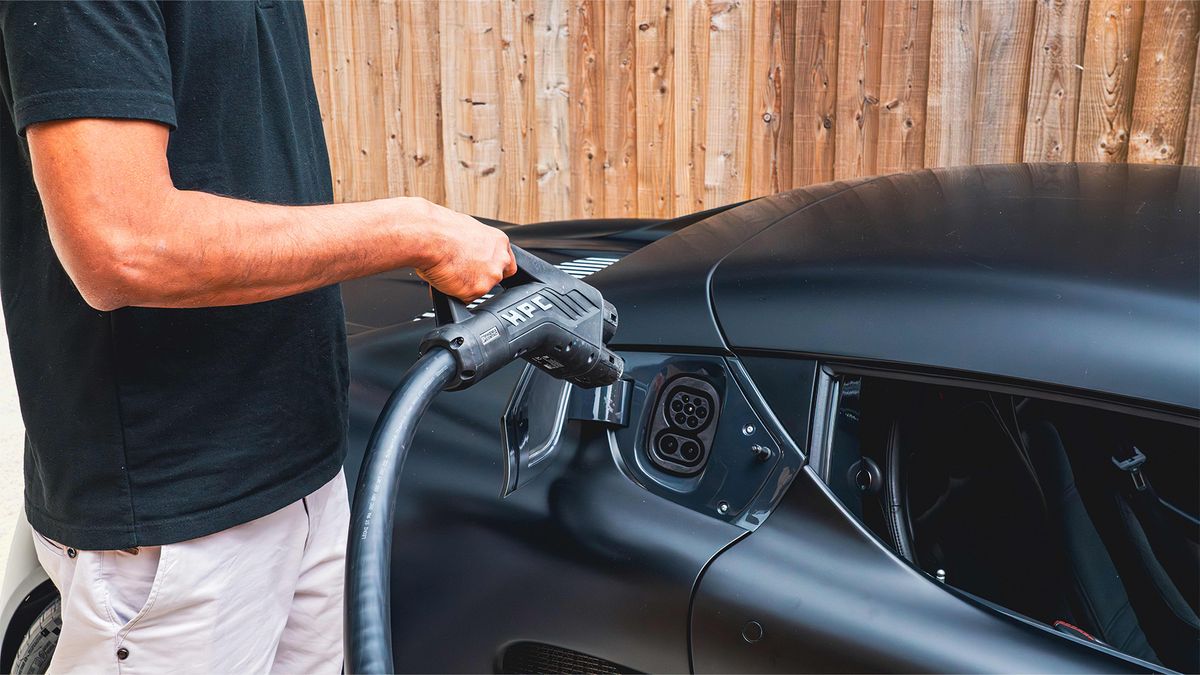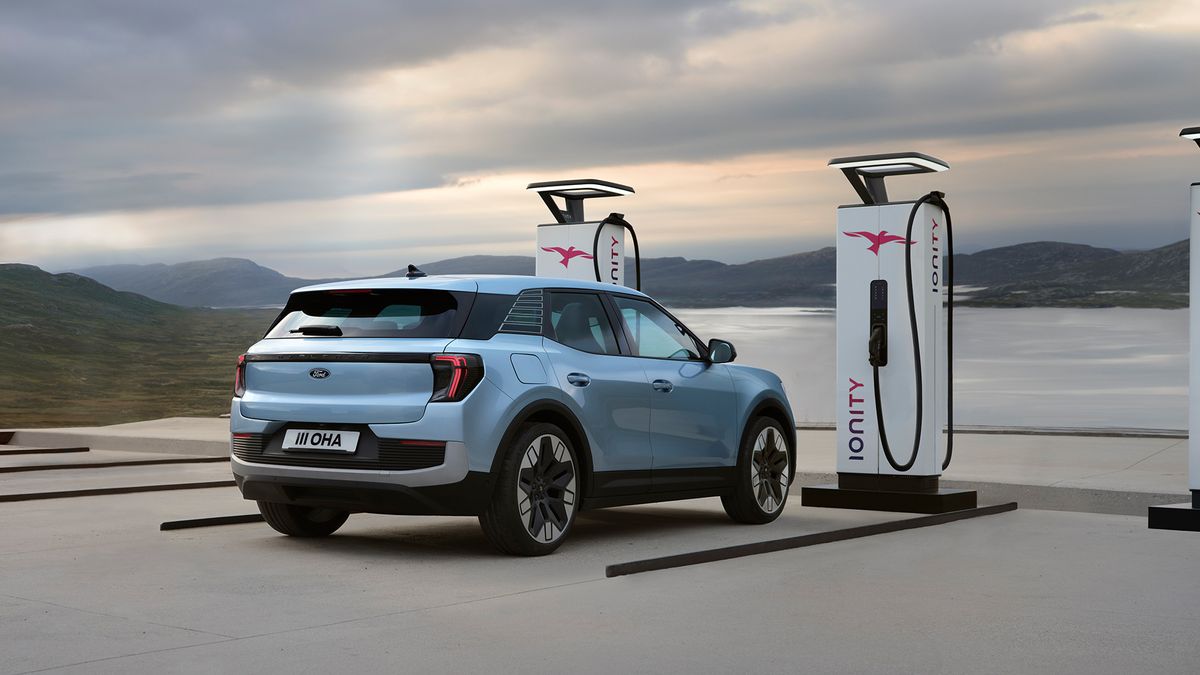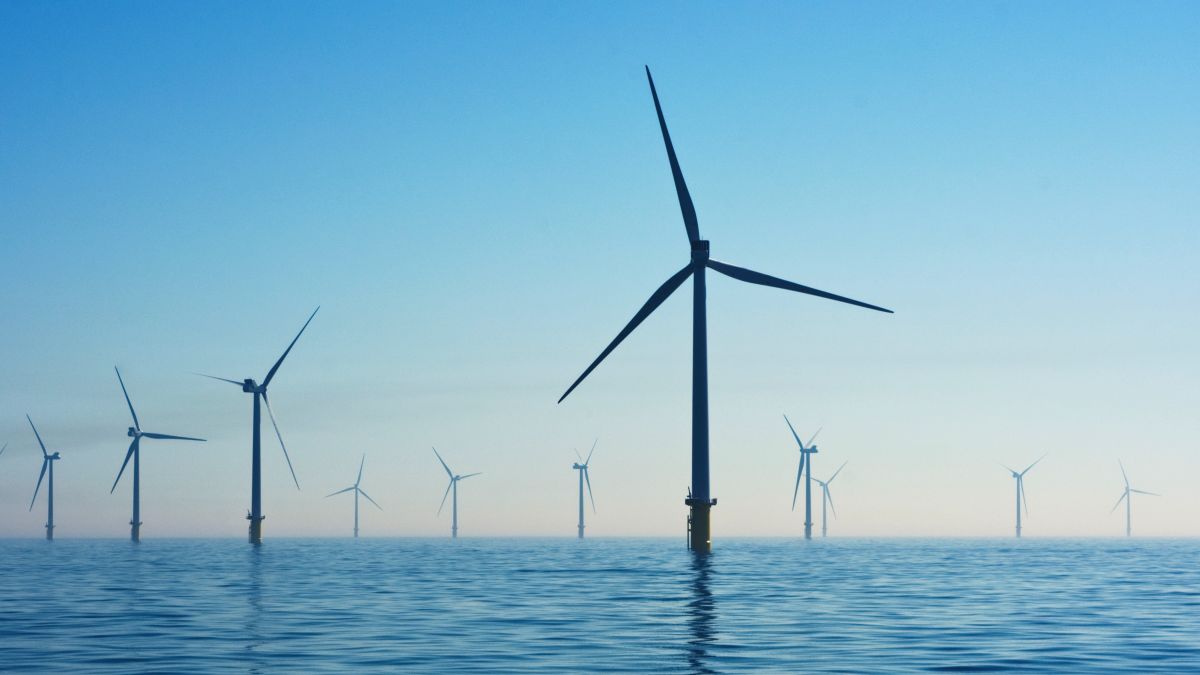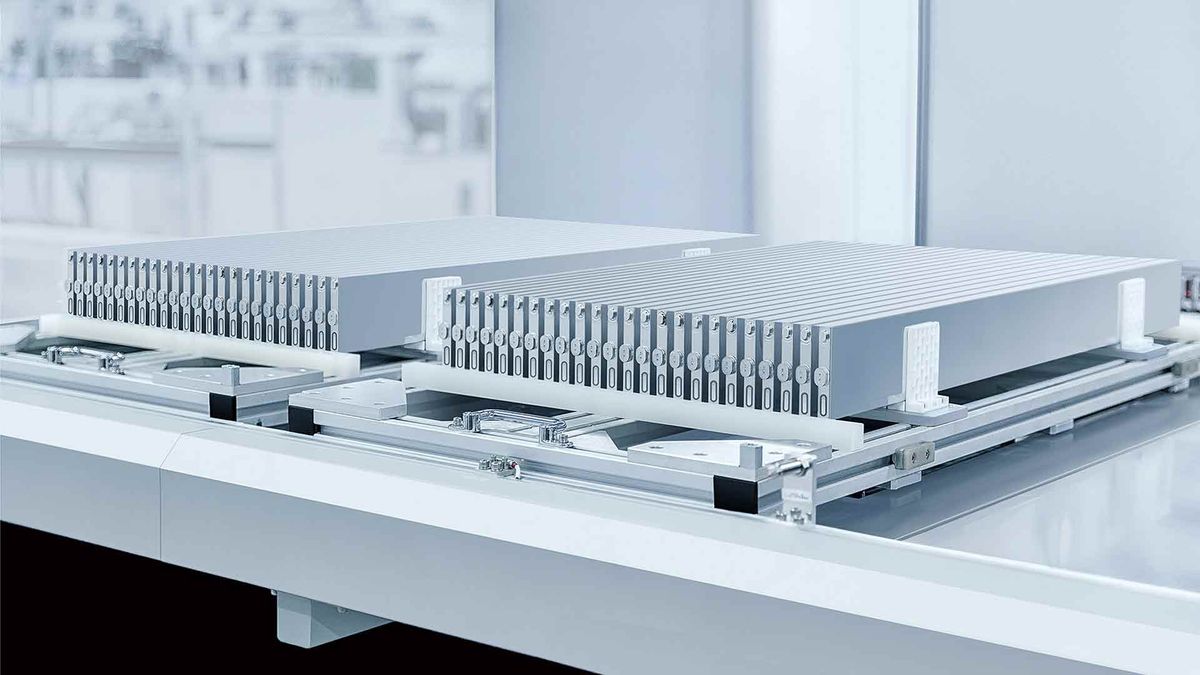- President Trump has signaled his intention to reverse Biden’s EV policy
- Trump declared a “national energy emergency”
- Charges for charging electric cars will be paused
While the inauguration of the 47th US president was arguably overshadowed by the number of tech bros and questionable world leaders invited, Donald Trump wasted no time getting to work. As soon as he entered the White House, he signed a series of orders.
In fact, President Trump told a massive crowd packed into an arena in Washington DC that he would rescind “80 destructive and radical executive actions of the previous administration”.
“The United States will not sabotage our own industries while China pollutes with impunity,” he said to roaring applause.
Some of this would involve undoing the work done by the previous Biden administration in protecting the environment, promoting the use of electric vehicles and preventing further drilling for oil.
No matter how you slice it, the new president appears to be coming down hard on electric vehicles and the infrastructure around them. Here are the five ways these early announcements could affect the future of electric cars in the US.
Electric cars are likely to become even more expensive
Although he mistakenly labeled a number of Biden’s EV-friendly policies a “mandate” (there is no such electric mandate in the US as it does in Europe), President Trump is intent on removing “unfair subsidies and other ill-conceived government-imposed market distortions that favor electric vehicles over other technologies,” according to Whitehouse.gov.
Read between the lines, and it looks very likely that federal tax credits for new electric vehicle purchases will be reduced or eliminated entirely.
Trump’s orders will also lower tailpipe emissions and promote new oil drilling projects, all of which point to gas cars remaining the most affordable vehicles to buy and drive for the foreseeable future.
It will become more difficult to charge your electric car in public

Inertia in an industry as gigantic as the automotive industry is hard to break, and the years of incentives for new EV customers in North America will see more EVs hitting the streets in the coming months and years.
By 2024, U.S. customers will buy 1.3 million electric cars—a 7.3% increase over the previous year, according to Cox Automotive.
That’s all well and good as long as the charging infrastructure continues to grow to support the increase in the number of customers who want to charge, but Trump’s executive order appears to be doing the opposite.
All funding for electric vehicle charging stations made available through the National Electric Vehicle Infrastructure Formula Program and the Charging and Fueling Infrastructure Discretionary Grant Program will be paused while the Trump administration reviews its “grantmaking processes, policies and programs, loans, contracts, or other financial payments.”
A pause in funding will lead to a pause in the rollout of new public EV charging stations and the potential scrapping of large public projects, meaning the charging infrastructure will be left to individuals in the form of home charging.
Consumer choice will be limited

The Biden administration has already denied the American public the freedom to buy more affordable electric vehicles made in China by first slapping massive trade tariffs on them and then effectively banning them altogether under the guise of national security.
It remains uncertain whether President Trump will maintain these policies, but he has already threatened 25% trade tariffs on Mexico and Canada, close neighbors of the United States and two key regions for manufacturing and exporting electric vehicles.
General Motors, Ford, Volkswagen Group, BMW and Mercedes-Benz all produce cars in Mexico. At the same time, several automakers and battery manufacturers have earmarked huge sums of money for new vehicles and battery factories in Canada.
Many of these promises have recently been retracted, with the slow uptake of electric vehicles in Canada and North America to blame. However, Trump’s proposed 25% tariff has the potential to destroy Canada’s burgeoning auto industry.
According to Maclean’s Canada, nearly 90 percent of vehicles manufactured there are exported to the United States, and more than 60 percent of auto parts manufactured in Canada are shipped to American assembly plants.
It doesn’t take much for some of the world’s biggest automakers to stop supplying electric vehicles to the North American market. This means that consumer choice will be limited to the few select models that remain profitable for their manufacturers.
Electric cars will struggle to charge up with clean energy

The holy grail of EV ownership is the ability to charge a vehicle’s battery cheaply and from renewable sources such as wind, solar and hydropower, as this does not require the burning of fossil fuels to produce electricity and therefore drastically reduces the carbon footprint.
President Trump’s national energy emergency declaration has prompted his administration to temporarily withdraw areas on the outer continental shelf from offshore wind leasing, citing the potential threat to marine life as a reason.
“We’re not going to do it with wind,” Trump said at the meeting, according to The Verge, shifting his focus instead to increased gas and oil drilling.
The Unleashing American Energy Act would also review any policy that could stand in the way of drilling operations, including hydropower and biofuels.
Innovation will slow and China will continue to drive ahead

Although many of President Trump’s orders will directly affect potential electric car customers in North America, they will also have a ripple effect on the rest of the world.
The mere act of withdrawing from the Paris climate accord, along with Iran, Libya and Yemen, means that the US is no longer committed to curbing the devastating effects of climate change and will effectively allow the nation to pollute with gay abandon.
But more than this, the vilification of their electric vehicle makes it a less attractive option for US-based carmakers, meaning their willingness to innovate in the space is hindered by the desire to make quick profits – mainly by selling the same petrol and diesel cars that they have. done for decades.
Many legacy automakers already lag well behind Chinese rivals when it comes to EV technology. Yet this chasm will surely only widen if one of the world’s superpowers turns its back on electrification.



